SUNSCREEN LAWS: HAWAII, BONAIRE, PALAU, AND NOW… KEY WEST!
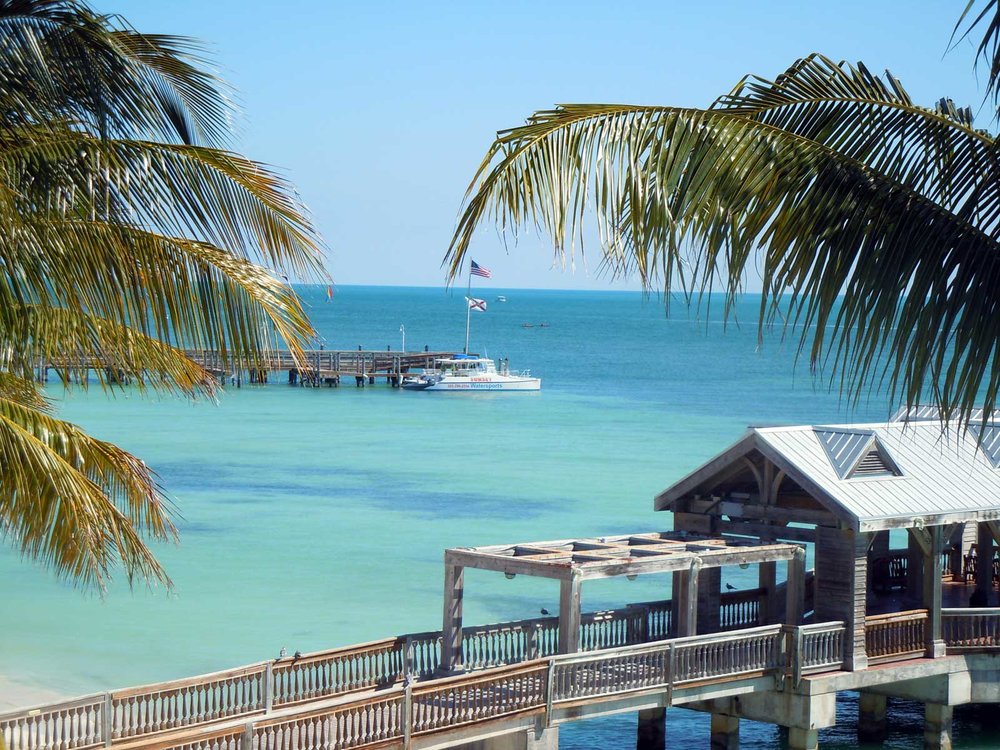
SUNSCREEN LAWS: HAWAII, BONAIRE, PALAU, AND NOW… KEY WEST!
Our home state of Hawaii has started a trend and the momentum is building! In May 2018, the State of Hawaii was the first to pass a landmark law, the first of its kind anywhere in the world banning toxic sunscreen ingredients, oxybenzone and octinoxate, for the purpose of preserving marine ecosystems, including coral reefs, and human health.
Two weeks later, the Caribbean island of Bonaire, a popular tourist destination for diving, followed Hawaii’s lead. In October 2018, the small nation of Palau, made up of over 500 islands in Micronesia in the western Pacific Ocean went even further to ban 10 chemicals to protect its pristine environment.

Hanauma Bay’s 2,600 daily visitors contaminate the water with chemical sunscreens containing oxybenzone and octinoxate, which are found in a majority of big brand sunscreens.
Key West is the latest to ban sales of sunscreens containing the toxic chemicals. The Florida Keys is home to the world’s third-largest barrier reef ecosystem and supports thousands of species of marine life.
Oxybenzone and octinoxate have been found to cause mortality in developing coral, increase coral bleaching, and cause genetic damage to coral and other marine organisms. They also have been shown to degrade corals' resiliency and ability to adjust to climate change factors and inhibit recruitment of new corals, as well as, increase the probability of endocrine disruption in marine life. See links to summaries of the scientific literature on these two toxins: OXYBENZONE and OCTINOXATE.
Palau recognized that there are other chemicals worthy of banning:
• Oxybenzone (benzophenone-3)
• Octinoxate (octyl methoxycinnamate)
• Octocrylene
• 4-methyl-benzylidene camphor
• Methyl paraben
• Ethyl paraben
• Butyl paraben
• Benzyl paraben
• Triclosan
• Phenoxyethanol

Oxybenzone induced bleaching of coral at minute concentrations (parts per trillion) in only 14 days. Courtesy of Haereticus Environmental Labaratories.
These chemicals are known environmental pollutants; most of them are endocrine disruptors or are incredibly toxic to juvenile stages of many wildlife species, including corals, fish, algae and people. These chemicals are part of the Haereticus Environmental Laboratory’s HEL LIST of chemicals that pose an environmental threat, http://www.haereticus-lab.org. In Palau, sunscreen products containing these chemicals will be confiscated at airports, and their sale or import will carry fines of up to $1,000.

The Rock Islands of Palau, which has the world’s strictest national standard for sunscreen products.
Palau’s ban was based on a 2017 report from the Coral Reef Research Foundation (https://www.coralreefpalau.org), which found toxic sunscreen chemicals in the popular tourist attraction, Jellyfish Lake, a UNESCO World Heritage site. This, coupled with the decline in the number of golden jellyfish, led to the strictest ban yet. We applaud Palau and ask all consumers no matter where they travel to be aware of the impact of these chemicals, whether they are in sunscreen, dish-soap, cosmetics, or lotions.

One of the incredible golden jellyfish, photographed by our own Tatyana Cerullo on her trip to Palau in November 2018.
The Hawaii, Bonaire, and Key West bans go into effect January 1, 2021, and the Palau law goes into effect January 1, 2020. In the meantime, it us up to consumers to do the research and find products that suit their sun care needs that do not contain marine toxic ingredients. See our blog post, WHAT DOES REEF SAFE REALLY MEAN, to see the full HEL list of toxic sunscreen/cosmetic ingredients.
In Mexico, marine parks, such as Xel-Ha and Xcaret, the use of “non-biodegradable” chemical sunscreens already is banned and only “biodegradable” sunscreens, i.e., mineral sunscreens such as ones using titanium dioxide or zinc oxide, are permitted.
Who’s next? Maybe California? A bill was introduced in California on the first day of the new legislative session in December 2018 that would ban the sale of sunscreens with the chemicals octinoxate and oxybenzone without a prescription.
Kokua Sun Care meets all of the standards and is safe to use in Hawaii, Bonaire, Palau, Key West, Mexico, and anywhere else that is planning to keep the toxic chemicals out of their precious natural resources.
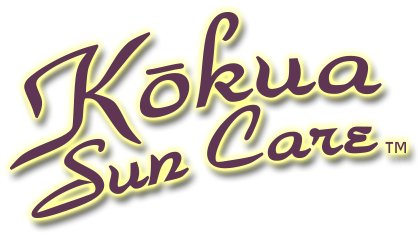
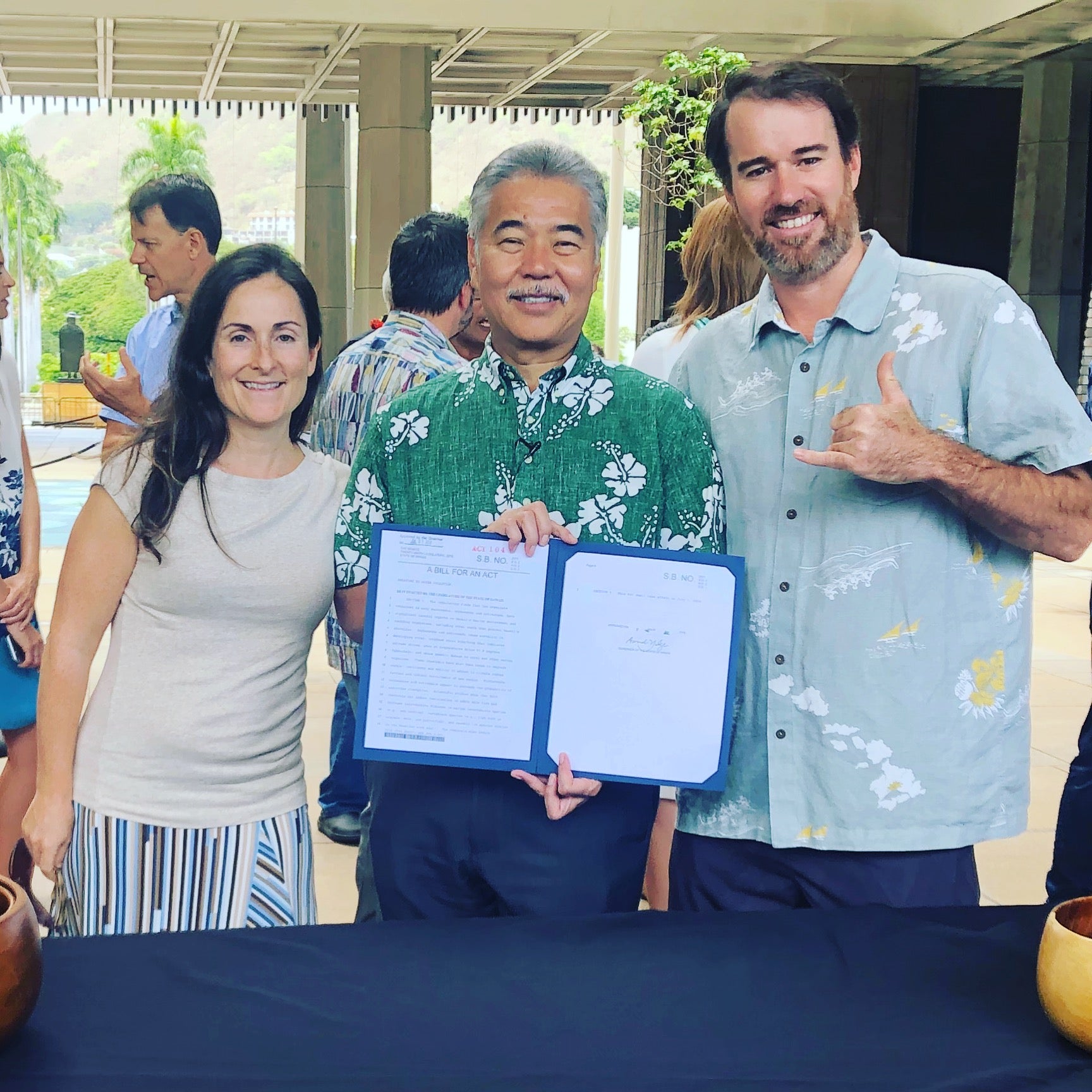
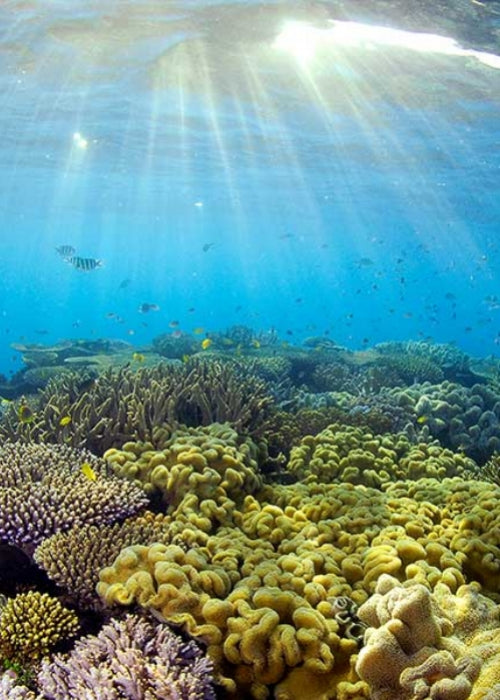
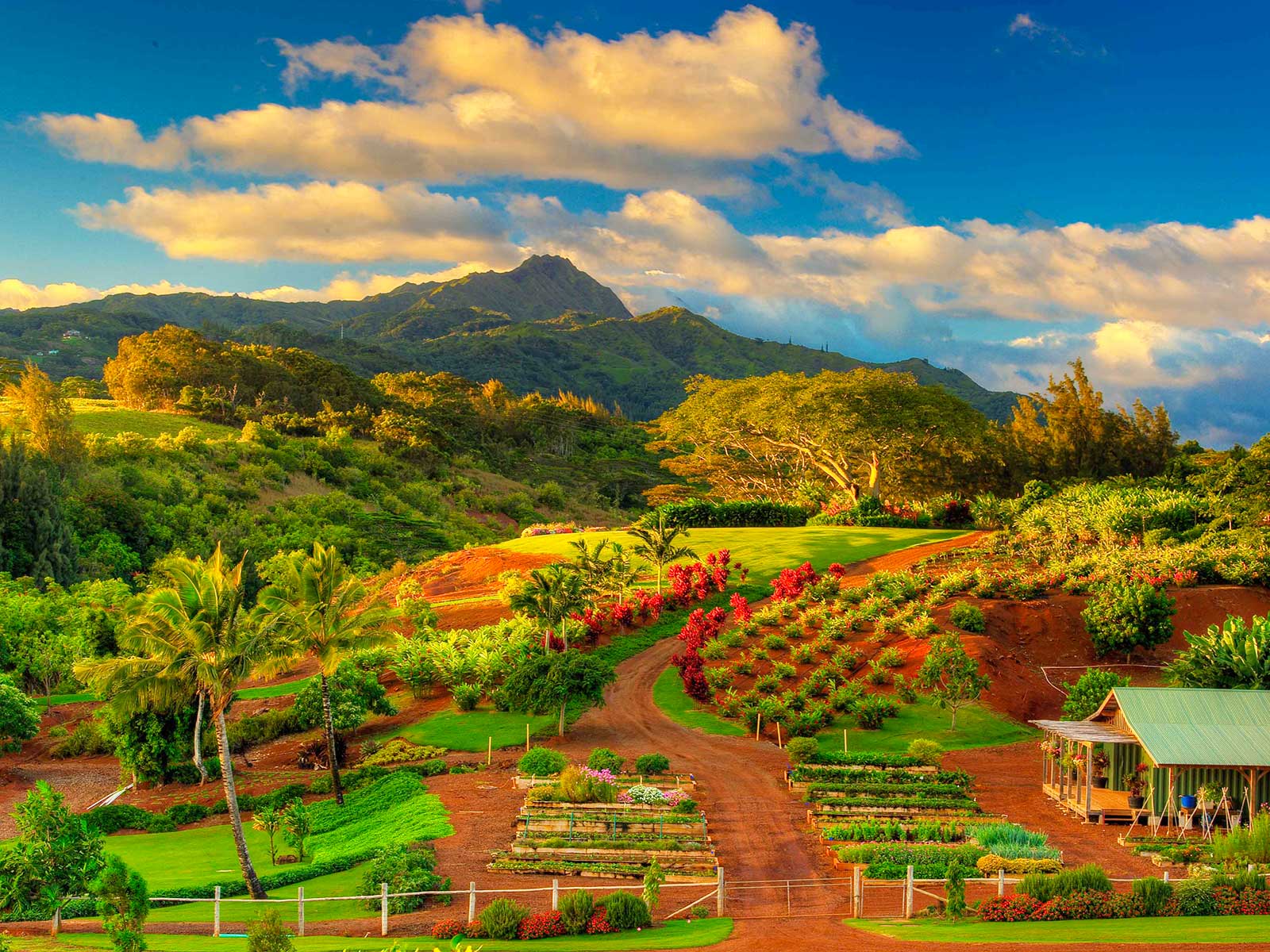
Leave a comment